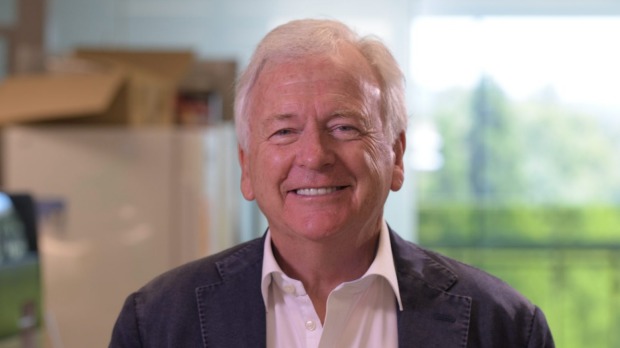Professor Perry Bartlett has already reversed dementia in mice, recovering their spatial memories through exercise. Now he’s determined to do the same with people.
On Wednesday the Brisbane scientist and founder of the Queensland Brain Institute accepted the prestigious CSL Florey Medal award, which recognises his significant achievements in biomedical science and human health advancement.
CSL chief scientist Dr Andrew Cuthbertson said, “Thanks to Professor Bartlett we now know the adult brain can repair itself”.
“His work offers the potential to transform treatment and management of dementia and depression.”
Professor Perry has underpinned his work with the idea that the brain is in a constant state of change, and that learning, memory, mood and other brain functions are at least in part regulated by the production of new neurons.
When he first began exploring the brain in the late 1970s, it was commonly regarded as a static and unchangeable thing.
In challenging this, the way we view and understand the brain has changed.
In 1982 Professor Perry predicted that there were stem cells in the brain, and 10 years alter he found them in mouse embryos, then in adult mice and in 2001, he isolated them from the forebrain.
Now, Dr Perry is about to start clinical trials to determine if exercise really can reverse dementia in humans. Dementia affects more than 300,000 Australians and many more cases are expected as our population ages. It’s a devastating condition and the direct cost to the community is more than $5 billion a year. The impact on families is beyond measure.
In speaking with the Brisbane Times, Professor Perry said his research suggests to him that exercise could be the answer to triggering nerve cell production, thus reducing cognitive loss.
“We know that in younger animals, that exercise does tend to regulate the production of new nerve cells, but in young animals it was hard to determine what made that occur,” he said.
“I think the public have a sense that exercise is good for cognition, but the main question is what exercises and how long.”
He and his research team’s next project is aiming to slow down the stages of dementia by activating stem cells that develop the nerve cells – to ultimately improve memory and brain function.
“I thought, if there are stem cells during development, why shouldn’t they be in the adult brain?” Professor Bartlett said.
“What we have found is that the stem cells are still there, so the question is can they be activated and how and will that change the outcome … There is a real chance that if this works out, we could not only delay but also reverse cognitive loss.”
Image of Professor Perry Bartlett via Brisbane Times





















My husband suffers badly with tinnitus – is anyone close on solving this puzzle and help him get relief.